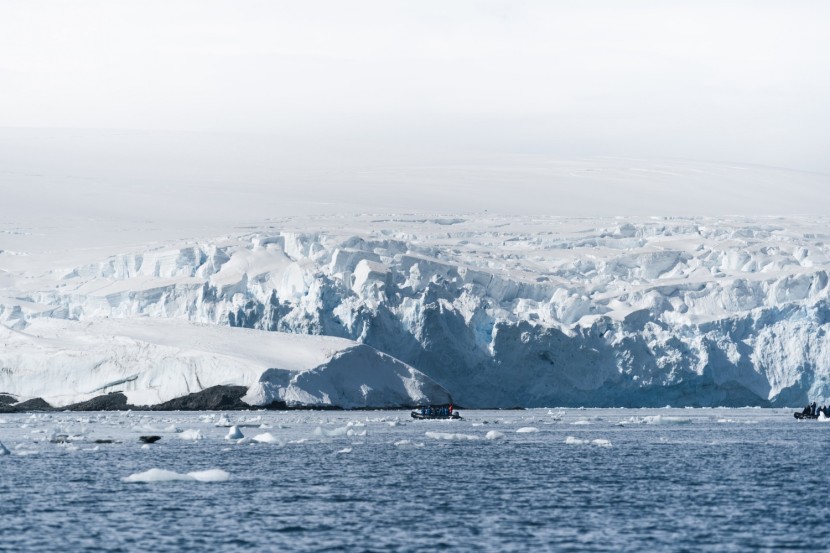
The warming and shrinking of Antarctica's deep ocean water might have significant effects on climate change and deep-sea ecosystems, according to a report.
The "Antarctic bottom water" is the coldest and saltiest on Earth. In a report by CNN, these waters are essential to the ocean's capacity to function as a shield against climate change by taking in extra heat and absorbing carbon pollution from human activities. They also play a role in the redistribution of ocean nutrients.
However, the British Antarctic Survey released a study on Monday, June 12, showing that long-term winds and sea ice shifts are causing this essential water mass to decrease in the Weddell Sea, located along Antarctica's northern coast.
Data collected by ships and satellites over several years allowed scientists to calculate the volume, temperature, and saltiness of this region of the Antarctic Ocean.
Reduced Volume and Warmer Water
Researchers discovered that during the previous three decades, there had been a 20% reduction in the volume of the cold bottom waters. They also discovered that underwater at depths more than 2,000 meters (6,600 feet) had warmed up four times more quickly than the rest of the world's oceans.
"We used to think that changes in the deep ocean could only occur over centuries. But these key observations from the Weddell Sea show that changes in the dark abyss can take place over just a few decades," said Alessandro Silvano, a co-author of the research from the University of Southampton in the UK.
Meanwhile, the research also revealed that the reduction in deep waters is due to the slower sea ice formation, as reported by Phys.org.
More ice builds up in regions where the winds are stronger because the ice shelf is pushed farther away from the sea. The research found that weaker winds have caused these gaps to shrink, reducing the rate at which sea ice is formed.
The Weddell Sea's very cold and salty water relies on continually creating new sea ice. The freezing process forces salt out of the water, and as salty water is denser than fresh water, it goes to the ocean floor.
Impacts on a Large Scale
Alterations to these deep waters may have far-reaching effects.
Silvano said that they play a crucial role in global ocean circulation by bringing carbon pollution from human activities to the depths of the ocean, where it may linger for generations. According to Silvano's comments to CNN, "less carbon can be absorbed by the deep ocean, limiting the ability of the ocean to mitigate global warming" if this deep circulation slows.
Since the 1970s, the oceans have taken up more than 90% of the world's surplus heat and about 33% of the carbon pollution caused by humans.
This cold, thick water is also essential because it brings oxygen to the ocean floor. Silvano stated that it is unclear whether or not deep ecosystems could adjust to lower oxygen levels.
© 2025 HNGN, All rights reserved. Do not reproduce without permission.








